
16 April has been observed annually since 2001 as the Memorial Day of the Hungarian Victims of the Holocaust. On the 80th anniversary of the ghettoization of Hungarian Jews state dignitaries, including the Hungarian prime minister, and leaders of the Jewish community commemorated the victims.
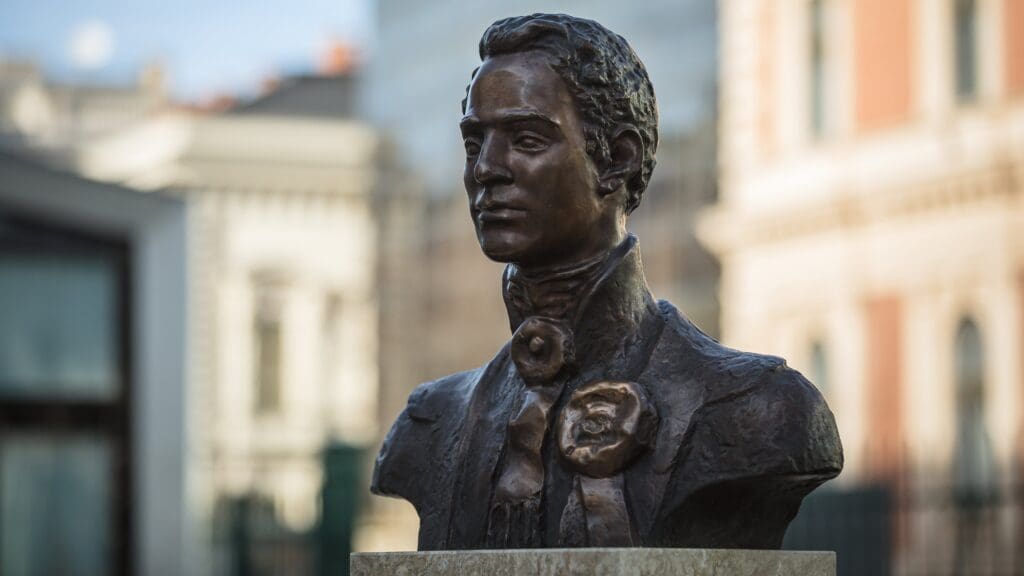
It has been 174 years since Major Pál Vasvári and his Rákóczi Free Army were massacred near Havasnagyfalu (today Mărișel in Romania), on 6 July 1849. Despite all resistance forces, the memory of the young revolutionary and his fellow martyrs is a powerful cohesive force for the dwindling Hungarian community of the Kalotaszeg (Țara Călatei) region to this day.
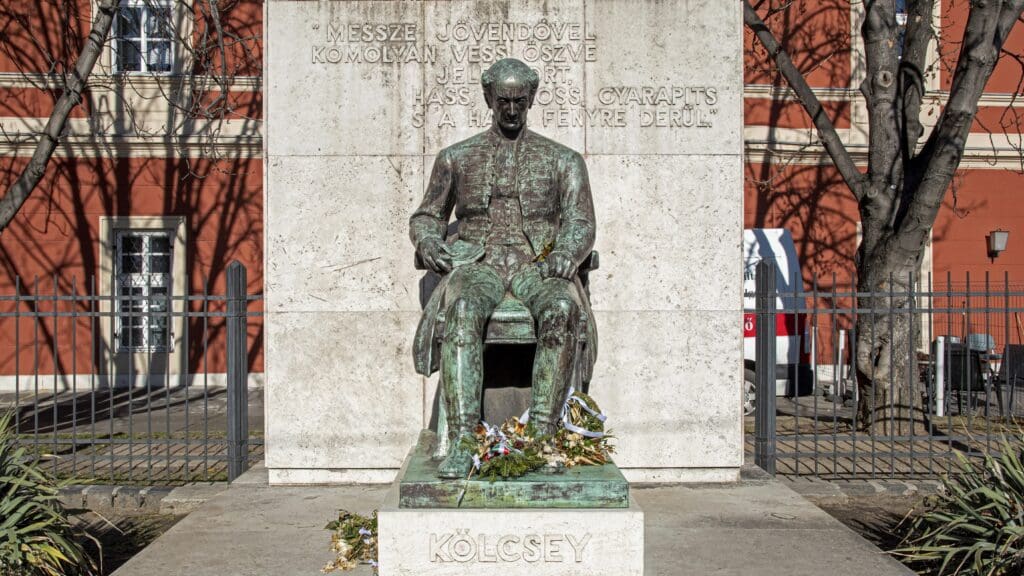
Hungary’s national anthem, the Hymn was written 200 years ago by Ferenc Kölcsey.
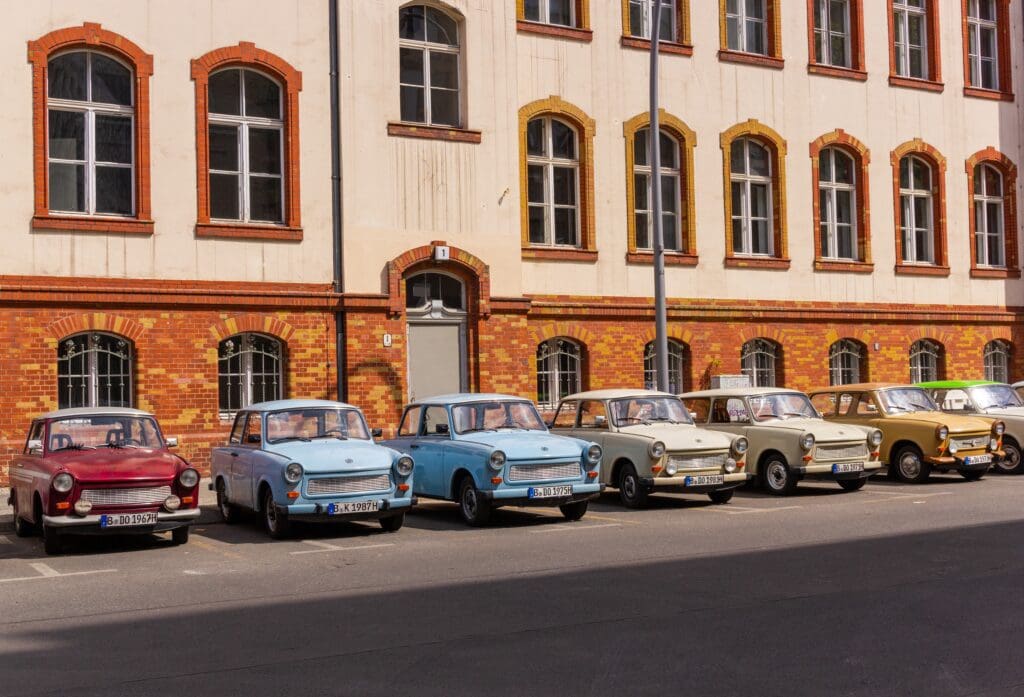
While Hungarian national memory of communism is far from being consolidated, the tendency among young people to view their ancestors’ actions under a totalitarian regime with empathy while at the same time to strongly reject communism as a political ideology is a promising development.

EU memory politics places almost exclusive emphasis on Nazism and downplays the significance of Communism in the historical experience of East-Central European members states.

With 1.5 billion people still living under Communist dictatorships, viewing the collapse of the USSR as the end of the horrors of Communism is misguided. The Victims of Communism Museum in Washington D.C., opened this summer with financial contribution from the Hungarian government, is a powerful reminder of the danger that Communism poses.
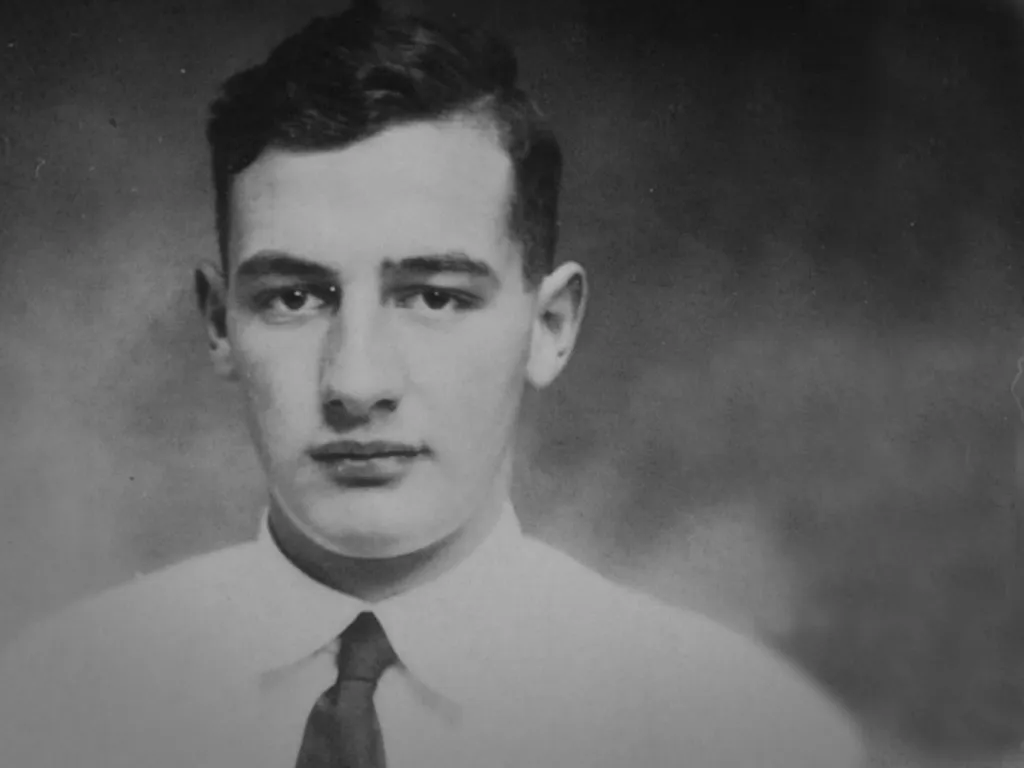
5 October is dedicated to Raoul Wallenberg, who saved the lives of one hundred thousand Hungarian Jews during World War II.
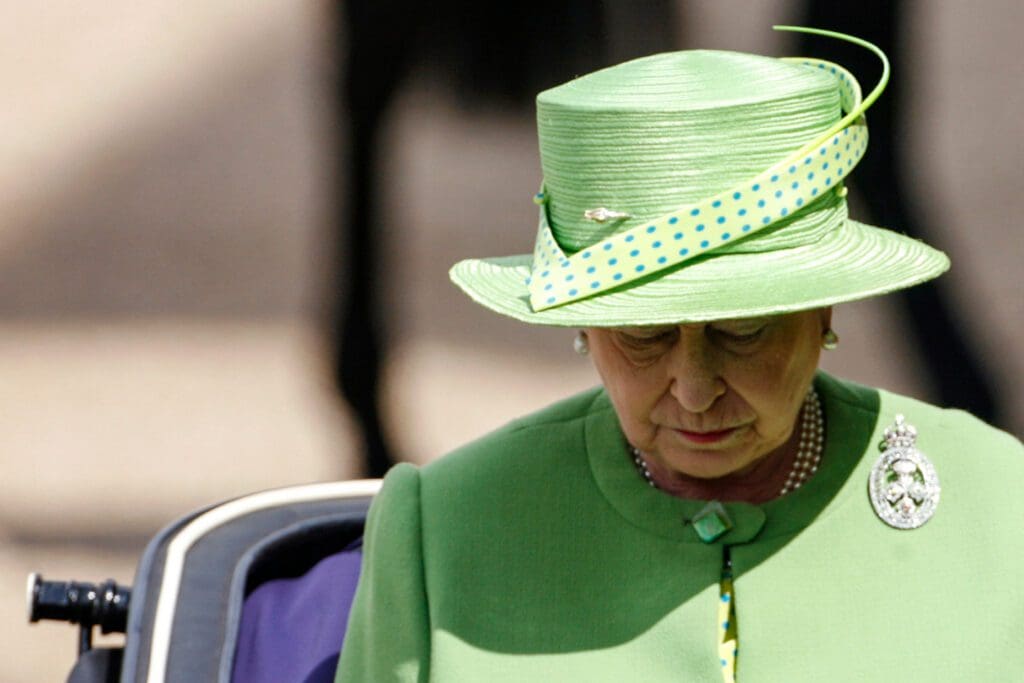
Mourning the death of Queen Elizabeth II, Hungary remembers her historic visit in 1993, when she expressed joy over the country joining the family of democratic Western nations after decades of state socialist rule. Over the years, not only Her Majesty, but other members of the royal family, and the new monarch, King Charles III in particular, developed a special relationship with Hungary.
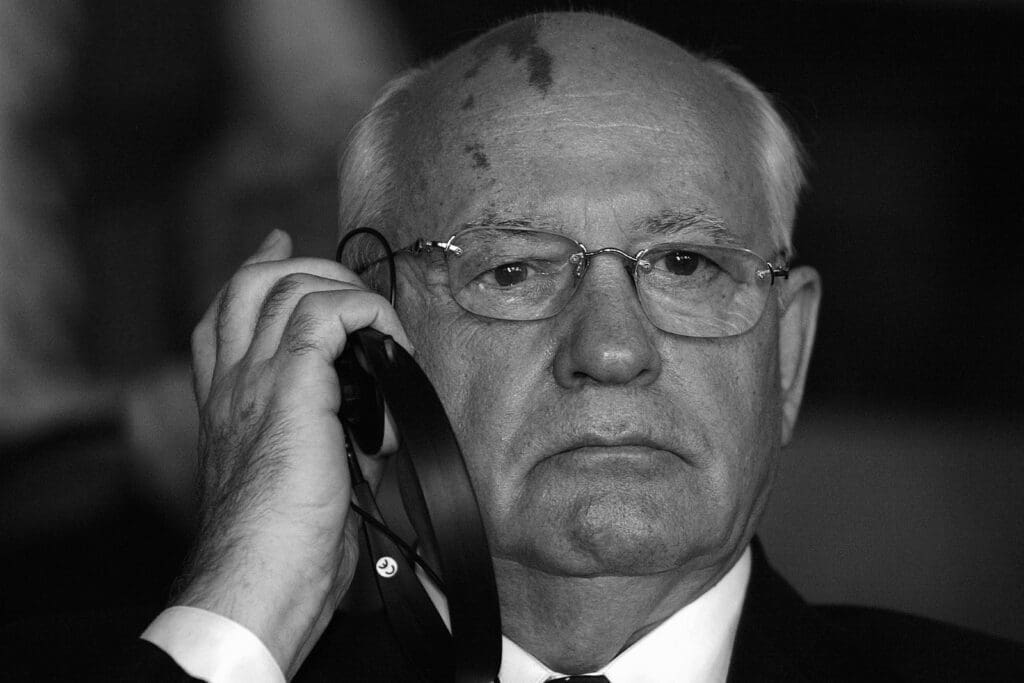
The death of the last leader of the Soviet Union, Mikhail Gorbachev has been remembered worldwide. While some called him a global leader who changed the world for the better, others labelled him a remorseless criminal.
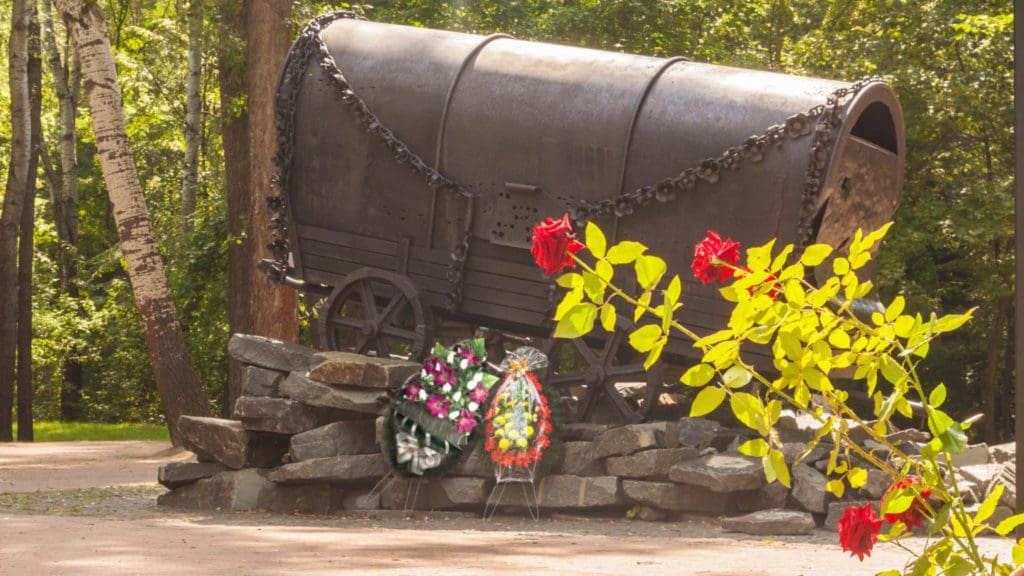
Today, on 2 August we remember the victims of the Romani Genocide, the Porajmos.
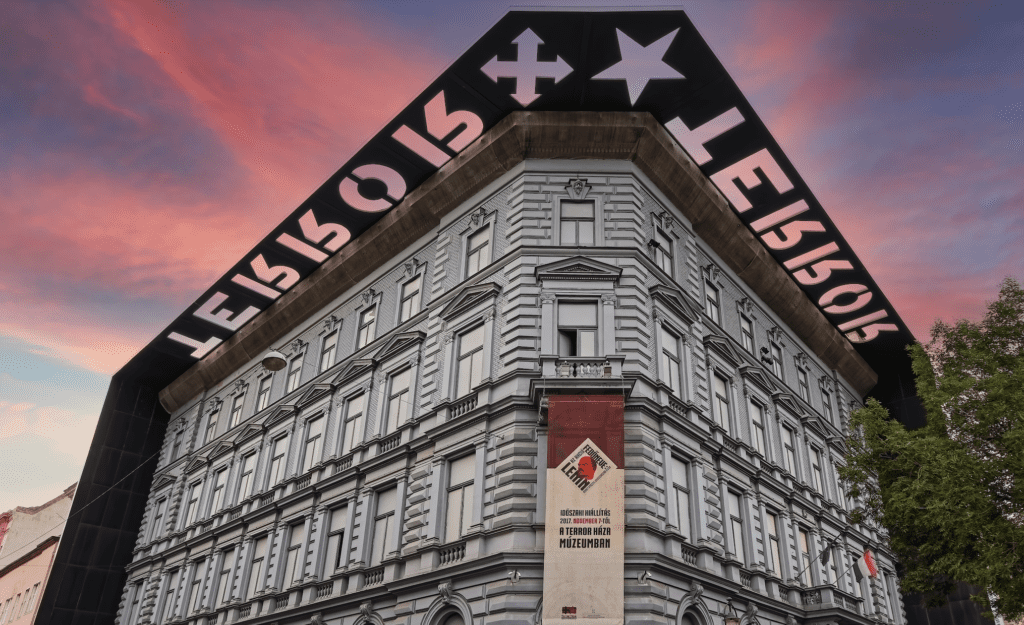
‘The House of Terror Museum has succeeded in celebrating the resistance of the Hungarian nation, and the heroes who gave their lives for the freedom we enjoy today.’

Hungarian Conservative is a quarterly magazine on contemporary political, philosophical and cultural issues from a conservative perspective.